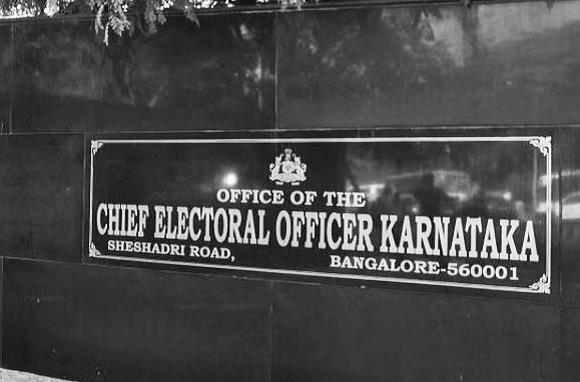
Bengaluru's tech workers navigate voting rights
NT Correspondent
Bengaluru: As Bengaluru prepares for Phase 2 of the Lok Sabha Election this Friday, a considerable number of citizens above 18 are gearing up to travel across the state to their respective districts and cities to exercise their voting rights.
Many of these voters, originally from various regions of Karnataka, are part of the city's IT and tech sectors.
Voting is a fundamental right for every Indian citizen aged 18 and above, serving as a bedrock of our democratic system.
To ensure this right is honoured, it's crucial to understand the legal provisions and consequences related to polling days.
The Representation of People Act, 1951 (RP Act) unequivocally states that no citizen can be denied their right to vote.
To enforce this provision, companies operating in areas where polling takes place are required to declare a holiday on election day.
Moreover, employees should be granted paid leave without any salary deductions for that day, as mandated by the act.
Despite the Election Commission's clear guidelines, some Bengaluru-based companies have opted for alternative arrangements. Instead of granting a full day off, several firms have instituted a work-from-home policy or offered a two-hour leave window for employees to cast their votes.
An anonymous employee from an IT company in Bengaluru shared with News Trail, "We weren't granted a leave outright, even though we're based in Bengaluru. Those voting on Friday had to request a 'floating holiday' or 'optional work from home'."
Another source revealed that their company had implemented a work-from-home policy, eliminating the provision for paid mandatory leaves.
This approach allows employees to work from their respective constituencies and provides a flexible two-hour window anytime during the day to vote.
If an organisation fails to grant a paid holiday on election day, the employee has the right to approach the Election Commission of India (ECI) or its designated authority for redressal.
Upon receiving a complaint, the ECI has the authority to launch an investigation. Under the Representation of People Act (RP Act), a penalty of Rs 500 can be levied on the offending organisation.
In certain instances, depending on the severity of the violation, the ECI may even register First Information Reports (FIRs) under the Indian Penal Code against those disregarding the directives of a public authority.
 English daily published in Bengaluru, Doha
English daily published in Bengaluru, Doha


.jpg)




Comment